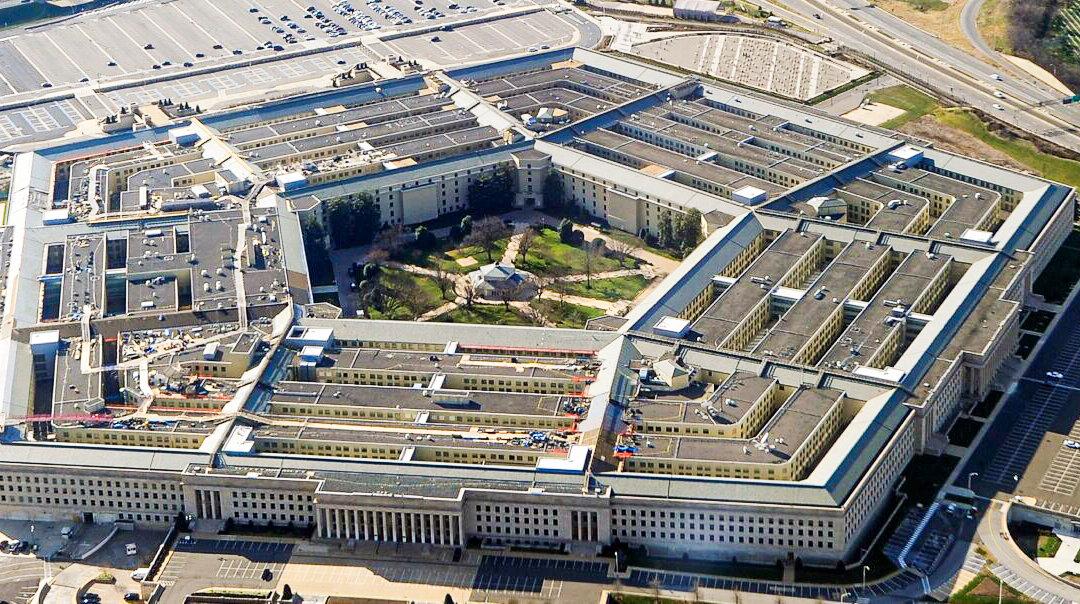House lawmakers approved their version of the National Defense Authorization Act (NDAA) in a 363–70 vote on Dec. 7, axing provisions that would have expanded the military draft to women and ended U.S. military support for Saudi Arabia’s war in Yemen.
The $768 billion military budgeting bill sent to the Senate is above and beyond the $733 billion spent in 2021 and the $753 billion sought by the Biden administration. Many national security officials are advocating for an indefinite 5 percent increase in military spending to both maintain the global war on terror and confront China and Russia.




